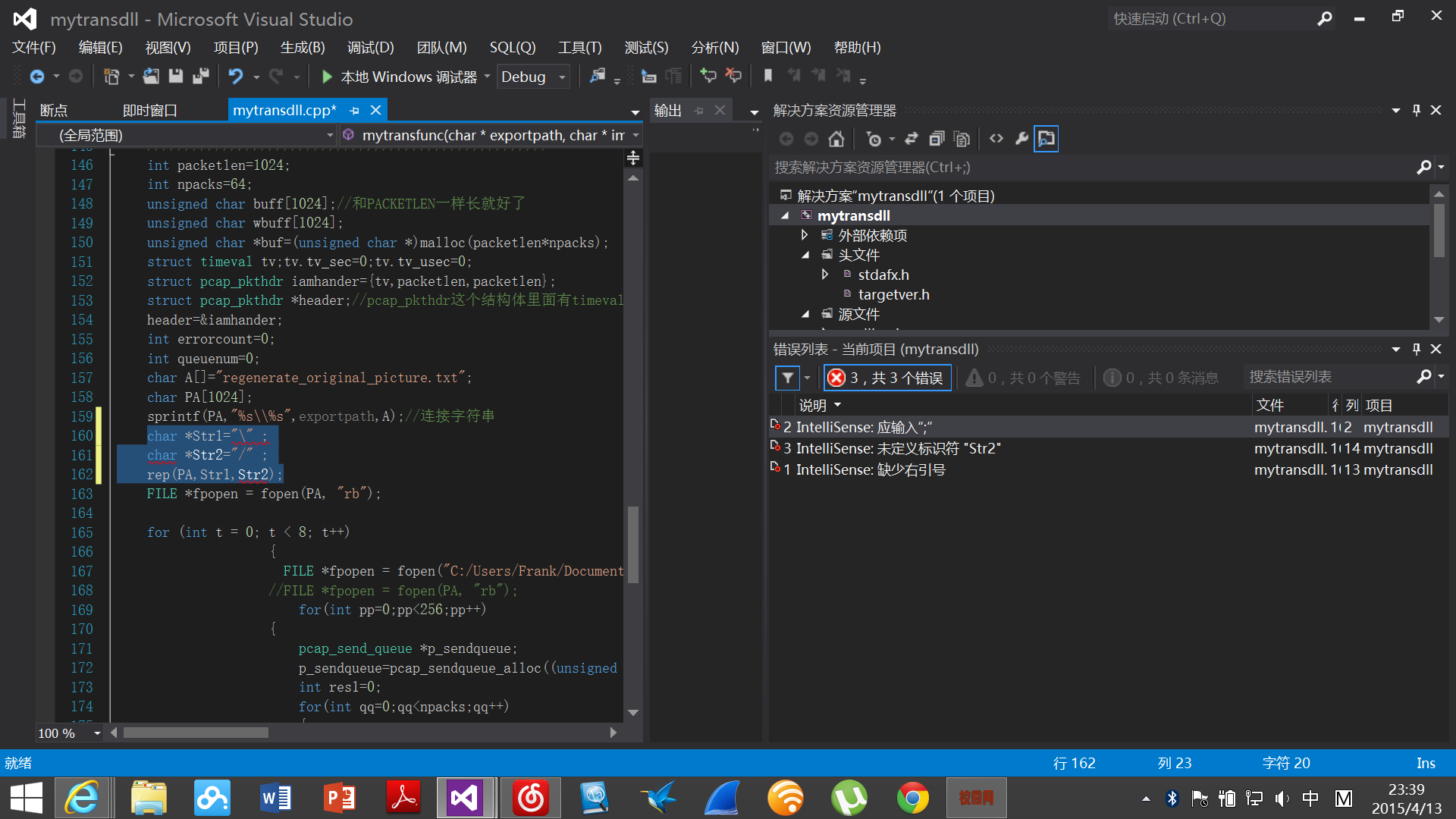70,026
社区成员
 发帖
发帖 与我相关
与我相关 我的任务
我的任务 分享
分享
char *Str1="\" ;
char *Str2="/" ;
rep(PA,Str1,Str2);

#include <stdio.h>
#include <stdlib.h>
int main(int argc, char **argv){
char path[] = "C:\\Users\\Frank\\Documents\\Visual Studio"
" 2012\\Projects\\bin\\regenerate_original_picture.txt";
int i;
for(i = 0; i < sizeof(path); ++i) {
if(path[i] == '\\')
path[i] = '/';
}
printf("%s\n", path);
return 0;
}
int main()
{
char s[] = "C:\\Users/Frank\\Documents\\Visual Studio 2012\\Projects\\bin\\regenerate_original_picture.txt";
puts(s);
char *p = s;
while (p = strstr(p, "\\"))
{
*p = '/';
p += 1;
}
printf("替换后\n");
puts(s);
return 0;
}
//C:\Users / Frank\Documents\Visual Studio 2012\Projects\bin\regenerate_original_picture.txt
//替换后
//C : / Users / Frank / Documents / Visual Studio 2012 / Projects / bin / regenerate_original_picture.txt